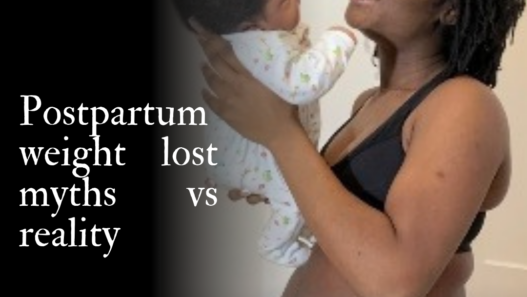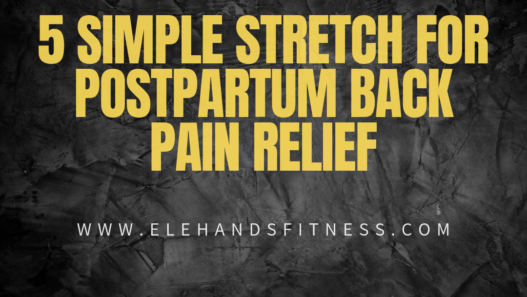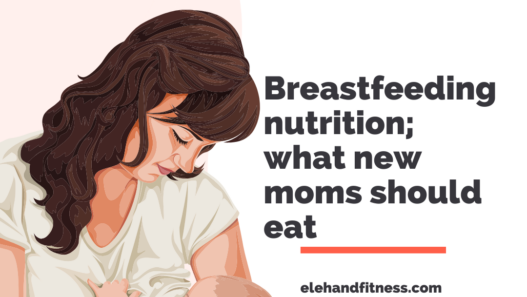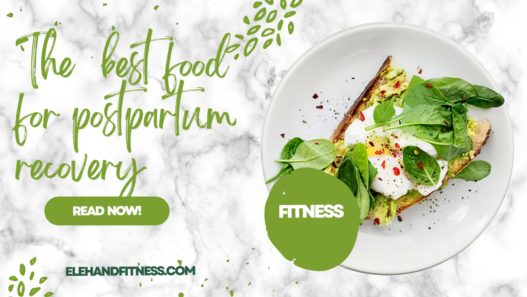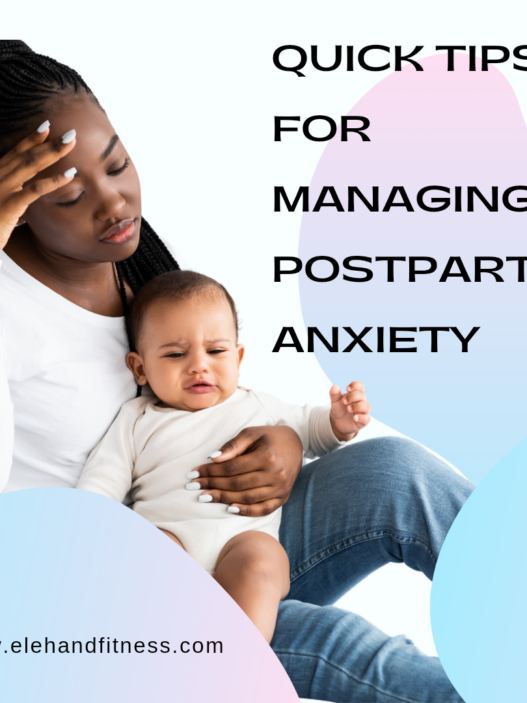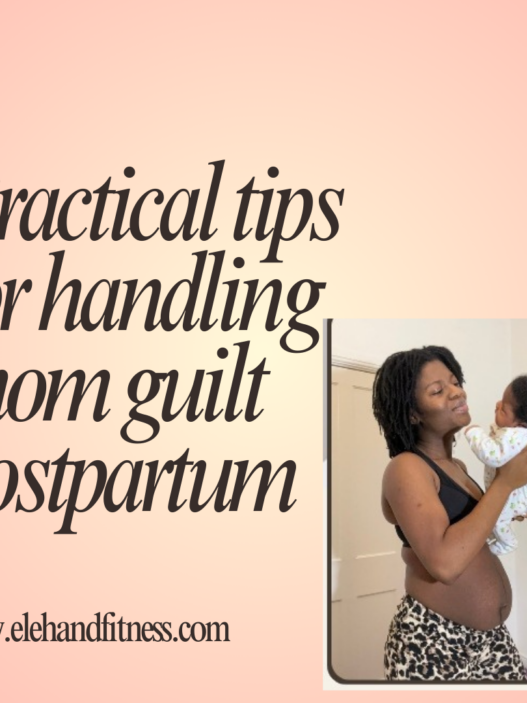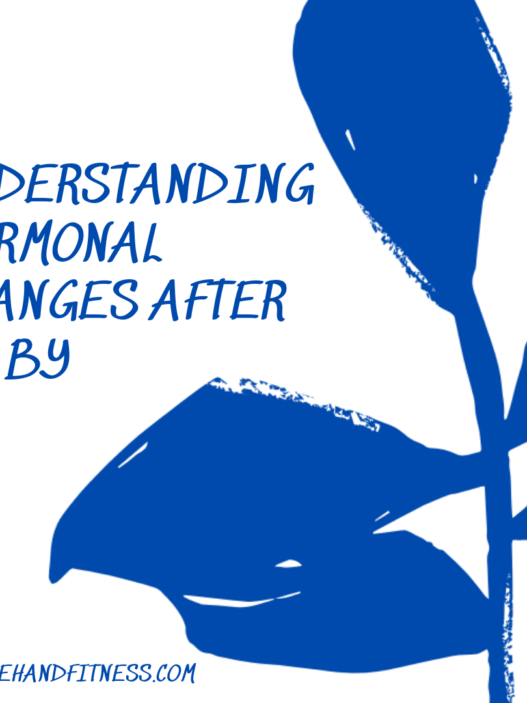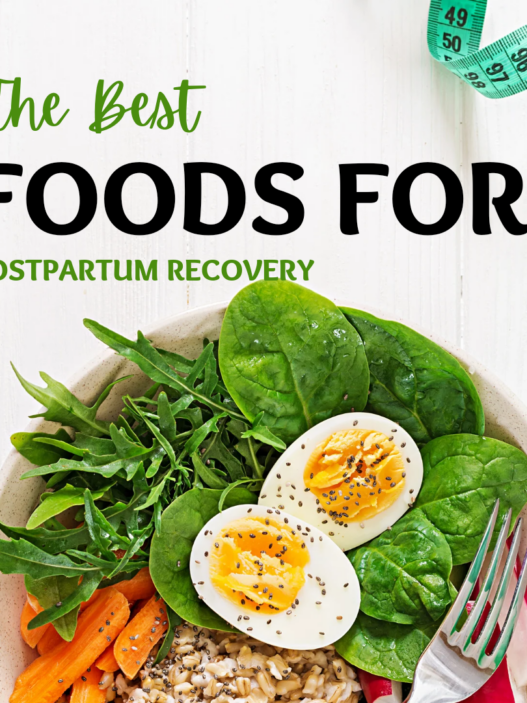Coping with Postpartum Depression: Where to Find Help
Postpartum depression (PPD) affects many new mothers, often leaving them feeling overwhelmed, hopeless, or disconnected from their baby. While these emotions can feel isolating, the good news is that you don’t have to face them alone. There are numerous resources and strategies available to help you cope and recover.
If you or someone you know is struggling with postpartum depression, here’s a guide to finding the right support:
- Talk to Your Healthcare Provider
Your first step should be consulting a healthcare professional.
Primary Care Physician or OB-GYN: These professionals are trained to identify and treat postpartum depression. They may recommend therapy, medication, or both.
Pediatrician: Your baby’s doctor can also be a valuable resource, as they are familiar with maternal mental health challenges.
Don’t hesitate to share how you’re feeling—there’s no shame in asking for help.
- Seek Therapy
Therapy is one of the most effective treatments for postpartum depression.
Individual Counseling: Work with a therapist who specializes in postpartum mental health. They can provide coping tools and emotional support.
Cognitive Behavioral Therapy (CBT): This evidence-based approach helps you identify and change negative thought patterns.
Couples or Family Therapy: Involving your partner or family in therapy can improve communication and strengthen your support system.
- Join a Support Group
Connecting with other mothers can reduce feelings of isolation and provide a sense of community.
Local Support Groups: Many hospitals and community centers host postpartum support groups.
Online Communities: Platforms like Postpartum Support International (PSI) offer virtual support groups and forums.
Hearing others’ experiences can remind you that you’re not alone in this journey.
- Contact Postpartum Hotlines
If you need immediate help or someone to talk to, there are hotlines specifically for postpartum mental health.
Postpartum Support International Helpline (1-800-944-4773): Available in the U.S. for support and resources.
Text or Call Crisis Hotlines: In many countries, mental health hotlines provide free, confidential assistance 24/7.
These services connect you with trained professionals who can guide you toward the right resources.
- Leverage Community Resources
Your local community may offer valuable support services.
Lactation Consultants: Struggles with breastfeeding can contribute to feelings of inadequacy. A lactation consultant can help.
Parenting Classes: These classes provide guidance on baby care, which can boost your confidence as a parent.
Faith-Based Support: If you’re part of a religious community, consider reaching out to leaders or groups for emotional and spiritual support.
- Talk to Loved Ones
Opening up to friends and family can be a powerful step in healing.
Be Honest: Share your feelings with someone you trust.
Ask for Help: Let loved ones assist with childcare, household tasks, or errands.
Set Boundaries: Protect your mental health by limiting exposure to people or situations that increase stress.
- Explore Medication Options
In some cases, medication may be necessary to manage postpartum depression.
Antidepressants: These can help balance brain chemicals affecting mood. Always consult a doctor to ensure medications are safe for breastfeeding.
Hormonal Therapy: Since PPD is linked to hormonal changes, some women benefit from hormone-related treatments.
Medication can be combined with therapy for a more comprehensive approach.
- Prioritize Self-Care
Self-care isn’t selfish—it’s essential for recovery.
Rest: Sleep deprivation can worsen depression, so prioritize rest whenever possible.
Healthy Eating: Nourish your body with balanced meals.
Gentle Exercise: Activities like walking or yoga can boost your mood.
Relaxation Techniques: Try mindfulness, meditation, or deep breathing to reduce stress.
- Educate Yourself and Your Partner
Understanding postpartum depression can help you and your partner navigate it together.
Books: Resources like “The Postpartum Husband” by Karen Kleiman provide practical guidance.
Workshops: Attend postpartum education sessions together.
Communication: Keep an open dialogue about your needs and progress.
- Be Patient with Yourself
Recovery from postpartum depression takes time. Celebrate small victories and remind yourself that healing is a journey, not a race.
When to Seek Emergency Help
If you experience thoughts of self-harm or harming your baby, seek immediate assistance. Call emergency services or go to the nearest hospital.
Final Thoughts
Postpartum depression is a treatable condition, and you don’t have to go through it alone. By reaching out for help, prioritizing self-care, and leaning on your support network, you can find the strength to heal and enjoy this new chapter of motherhood.
You are not alone—and with the right support, brighter days are ahead.

